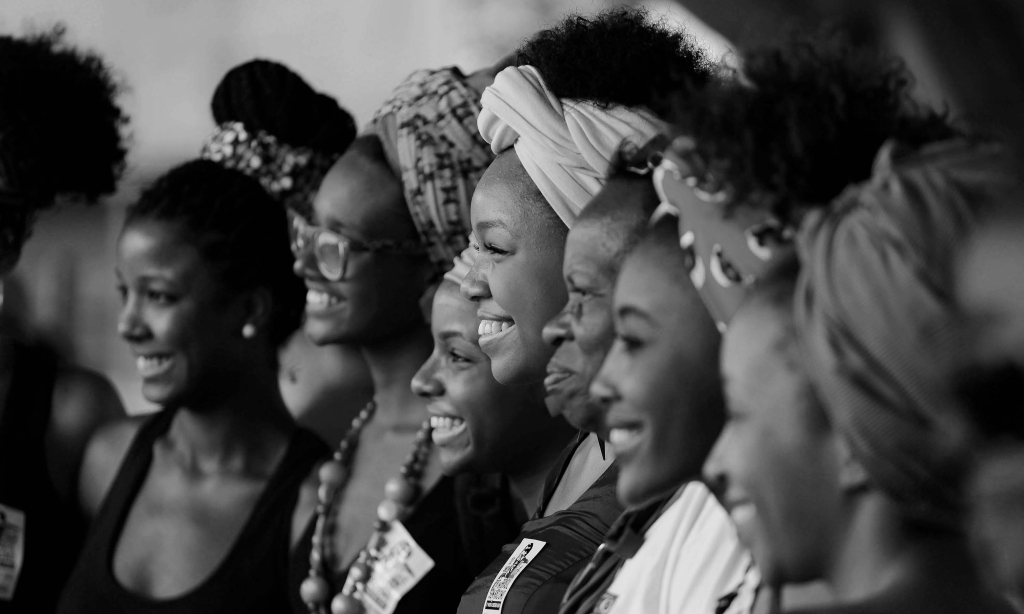

 Article
Article

In The Stakeholder Podcast, Professor Ed Freeman interviews Bill Shelton, who leveraged his success for social good. They discuss race in business, sports in society and how the habits of elite athletes can translate into career performance. Shelton’s EOS helps female athletes translate their success into corporate careers and sponsorships.
Professor Martin Davidson writes on Diversity, Equity and Inclusion and how corporate America will chose to invest in progress.

Research shows that racial stereotypes undermine opportunities and diversity enables organizations to build relations with stakeholders. Here: four strategies to assert racial identity as an asset — mobilizing identities to the positive, challenging stereotypes, building bridges, and helping people navigate microaggressions and do their jobs better
Income inequality in the United States is the greatest it has been in a century — a problem the Biden administration has expressed an intention to tackle. While there are no easy fixes, the government plans to focus on several tactics: a $1.9 trillion relief package, taxing the wealthiest Americans and investing in education.
Professor of Practice Laura Morgan Roberts offers seven conversations, through Harvard Business Publishing Corporate Learning, that leaders should be having right now to ensure a more diverse, inclusive and equitable environment.
People born to higher social class can make good impressions, be confident and end up in leadership. But they’re also geared to self-interest rather than collaboration. Research examines ties between childhood and current social class, mobility and entitlement; what this may mean for opportunity equality; and how it can be detrimental for firms.
A feeling that part of one’s identity is unwelcome at work threatens an employee’s connection with others and the organization, and a feeling rejection due to religion can be extreme. Here: A framework to think about how people respond when they feel their religious identities are threatened at work, in context of organizational culture.
During rising tensions between the U.S. and China, what happens when one professional makes a comment on Chinese innovation that offends his colleague? Professor Ming-Jer Chen offers a discussion of context and complex cross-cultural problems, an understanding of which can aid in appropriate action when no clear-cut answer may exist.
The social unrest of 2020 brought new attention to long-simmering issues of diversity, equity and inclusion in the U.S. and around the globe, and prompted many to seek to learn more about longstanding societal inequities — and potential paths forward. Six Darden professors deliver their thoughts and share additional thought leadership.
Netflix is investing $100 million in financial institutions that support Black-owned banks and Black communities. This investment isn’t just socially responsible in fueling opportunity; research shows that Black-owned banks outperform non-minority-owned peers. How does that reconcile with data that imply decline in success? Lack of initial assets.